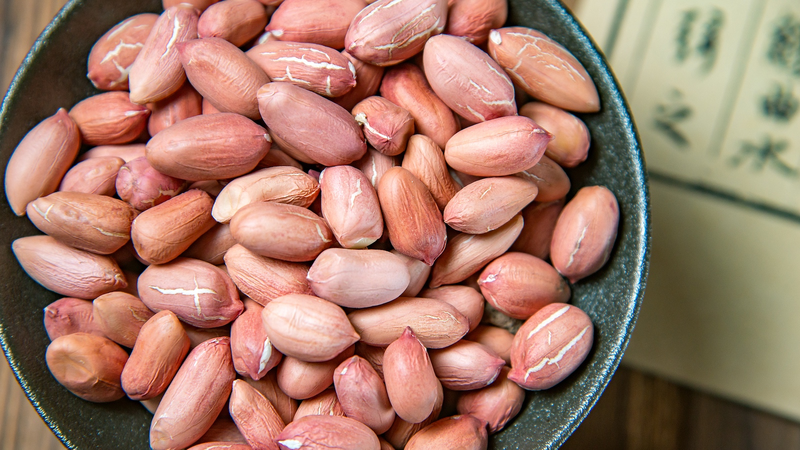In a major step for sustainable agriculture, scientists at Murdoch University and their counterparts from the Chinese mainland have mapped the first comprehensive peanut pangenome. This global effort, announced Monday, could pave the way for peanut varieties with larger seeds and higher yields.
The pangenome is essentially a complete set of genes across multiple peanut varieties. By comparing these genetic blueprints, the team identified structural variations that directly influence seed size and weight—two traits that determine overall crop output. Bigger seeds pack more protein and nutrients per acre, boosting both farmers' bottom lines and global food security.
According to Murdoch University, the team assembled raw DNA from dozens of peanut strains to build this genetic reference. Their data-driven approach uncovered key variations tied to how seeds develop, offering a roadmap for breeding next-generation crops optimized for yield and resilience.
For entrepreneurs and AgTech enthusiasts, this opens doors for startups and biotech firms to develop new peanut breeds. Thought leaders focused on sustainability see potential for higher yields with less land, pushing global agriculture toward more efficient practices.
Peanuts rank among the world's most popular legumes, used in snacks, oils, and plant-based milks. With demand rising for protein-rich, sustainable foods, a genetic edge could help farmers from Argentina to India capture bigger harvests.
Next, the researchers plan to share their pangenome database openly, inviting innovators everywhere to harness these insights. As breeding programs adopt this genetic blueprint, we may soon see peanut varieties hitting fields—and menus—with both scale and sustainability baked in.
Reference(s):
cgtn.com




